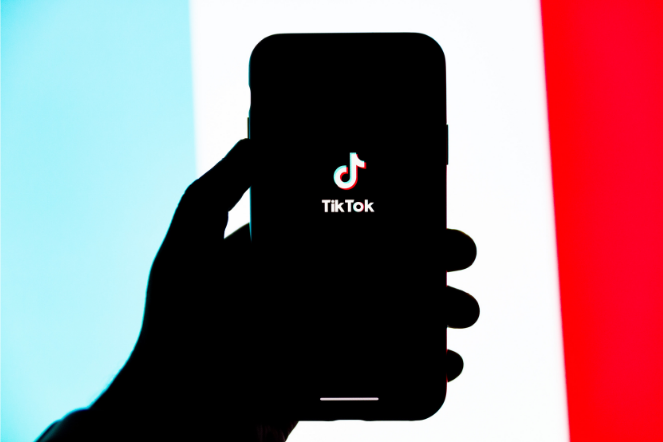My first experience with TikTok was my friend tagging me in a Facebook video of three cosplayers just doing their thing in 2016. It wasn’t the greatest video, especially out of context, and it became my only image of TikTok for years. During quarantine, I, like many others, found my way onto the app. At first, I was watching those couple videos, because they’re cute as hell and apparently I like pain. The longer I watched the assorted videos, however, the more I realised — TikTok is more than just fun.

TikTok is a social media platform that was intended to be a lip-syncing app. During 2020, use of the app skyrocketed. It has now become a place of expression for several minorities, as well as an opportunity for activism and education. The creators on the app are responsible for this, and honestly, thank goodness for them.
LGBTQIA+ rights
There are creators on TikTok who dedicate the entirety of their page to educating others. If you have an interest in anything, and I mean, anything, there’s a guarantee that there is someone on that app discussing it. Feminism, LGBTQIA+ rights, investment, house renovation, fashion. On and on.

Of course, there is a lot of misinformation out there, as there always is when a platform is given to unqualified individuals. But there are also creators who spend a lot of their time picking through these things and setting the record straight. Despite the chance of misinformation, it introduces you to concepts you can go on and do your own research about. The most qualified individuals will give you a book or resource recommendations.
The algorithm
Several of my friends have expressed similar opinions. The algorithm that brings your interests to you on TikTok is fascinating. It creates a bubble which has both positive and negative consequences. It can create a safe place for like-minded individuals, but it also creates an echo chamber for alt-right ideology. This is an unavoidable aspect of all social media.

What I personally have observed on TikTok, however, is how validating the community is there, and how open they are. For instance, we have TramuaTok, in which individuals will discuss their trauma, the ways they unpicked (or process) the negative effects, and how to identify if you are undergoing a similar experience. I have seen hundreds of comments from young teens identifying with such things, validating their experiences and seeking outside help.
Diversity
It might not be as fun as teaching someone how to crochet or write a resume, but helping people identify toxic behaviours from friends and family is such an important life skill. It is one our education system doesn’t provide. I’ve learnt more about the diverse identities that exist (even within micro-communities and sub-cultures) through TikTok than I have anywhere else.

I’ve learnt specifics about how people of colour are treated, and the struggles they face. I’ve unlearnt misinformation about history and science I was taught in school. I’ve unlearnt internalised misogyny. I discovered the internalised male gaze and the way it has affected my life. I have been introduced to parenting techniques and the actual structure of a menstrual cycle. There are coding and fashion guides. On and on it goes. TikTok has become a platform for new voices to speak on, to challenge the norm and to educate others.
Creating Community
On TikTok, we have teens and young adults creating videos and sounds — displaying incredible technical abilities. Engagement with TikTok feels similar to me like reading and writing fanfiction. Whilst it isn’t as socially lauded as an ethical or productive past-time, both TikTok and fanfiction engage creative skills that are applicable outside of these entertainment spaces. Video and audio creation/editing for fun can become a career. Writing and reading can become skills for a career.
Creating a community, finding new ways of expression and diverse identities and practising transferable skills — these two activities have a lot in common. For instance, despite being something the younger generation might be shamed for, social media engagement has its positives. For small (and large) businesses, a good social media account can be the deciding factor for success.

Even whilst unwinding with TikTok, you can be learning. Making TikToks can be a learning experience. I don’t mean to minimise the danger social media presents about radicalising the young or spreading misinformation. Or opening up space for people to be harassed. But it is important to remember that it is always good amongst the bad. So find that bubble. I would suggest starting off with Cottagecore. Catch me frolicking in fields ten years down the track.
Feature Image: Solen Feyissa

